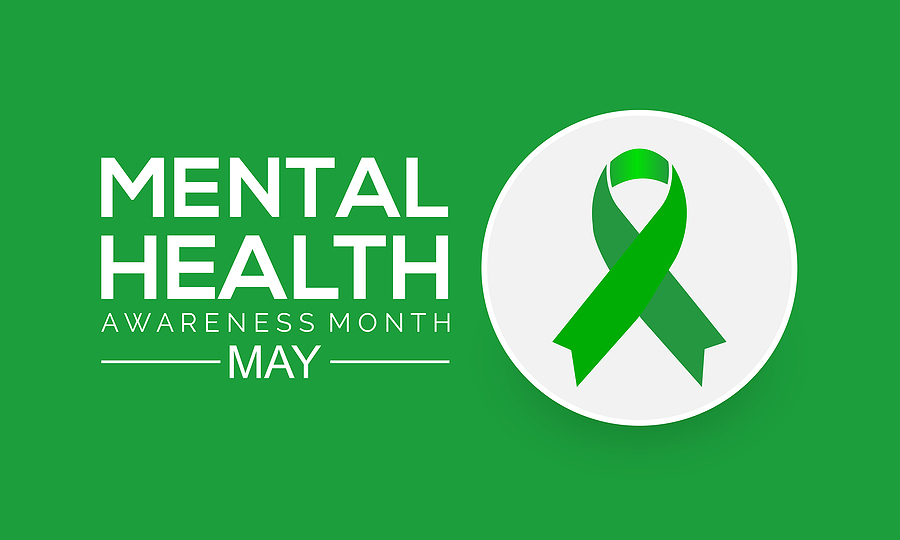It’s all too common today to read the ingredients on your food wrapper and think it’s a foreign language.
Strange sounding ingredients like hydrolyzed vegetable protein, Monoammonium glutamate, sodium acid pyrophosphate and propylene glycol alginate can be found in most packaged and fast foods.
These extra ingredients serve all kinds of different purposes from preserving the shelf life of the food, to giving it color or even making it thicker and more filling.
These unusual additives may sound scary, but are there really any risks to eating them?
If you’re unsure, the alternative may be organic food.
Food that is made without any artificial additives and that has never been in contact with pesticides or chemical fertilizers is considered organic. Some people swear by organic food and avoid artificial food additives at all costs. But is there a real significant difference?
According to an article published by the University of Edinburgh in the United Kingdom, many chemicals most commonly found in food have been linked with instances of cancer.
Even so, the main culprits are the pesticides often used on our food while it is still at the farm.
According to the study, farmers who have regular contact with the pesticides are far more likely to develop cancer than people who don’t have contact.
Organically grown food is free of pesticides, but some believe that it lacks flavor.
Senior Bryan Craven actually prefers food with additives to the more natural alternative.
“I think the taste is better. It also stays fresh longer and doesn’t look like it’s already spoiled by the time I want to buy it,” he said.
He’s not the only one who sees negatives in organic foods.
According to an article in COSMOS magazine called “Organic Food Exposed,” “Many agricultural scientists estimate that if the world were to go completely organic, not only would the remaining forests have to be cleared to provide the organic manure needed for farming, the world’s current population would likely starve.”
Despite those claims, many consumers are turning to organic foods in ever growing numbers.
In fact at the beginning of the month, the UK branch of the Nestle candy company announced that it has completely phased out all use of artificial ingredients in all of its products.
It can’t be denied that interest in organic food is on the rise.
In recent years many popular documentaries like “Food Inc,” “King Korn” and “Super Size Me” have praised the benefits of organic foods, but some people are just uninterested.
Sophomore Katie Jeffries, for example, isn’t particularly concerned about whether her food is organic or artificial.
“I have lived this long with it,” she said, “so a little artificial sweetener can’t hurt.”





hbeck52 • Mar 21, 2012 at 9:49 am
I myself question organics, but not with this reasoning. I picture organic as a better way and locally organic as the best. Nothing can beat eating a tomato right off the vine when the sugars had a chance to develop naturally. THAT right there is the feeling someone should have when eating healthy and organic food. I question the organic practices because they are so far away from me and I have no data or statistics to prove that these people who are organic farmers are not just seizing the opportunity to gain some extra capital. I want to know the facts from these far away organic farms and learn to trust in what they are doing. There is where I question organics and I feel everyone should. At least these farmers are more trustworthy than those who are armed and ready with pesticides, spraying so they can sell another batch of green tomatoes.
Do not get me wrong, I do understand that you are questioning the validity of organic food, but do keep in mind that the agricultural practices used today are not just. Pesticides are not something that hurts the body right away, it causes noncommunicable diseases such as an increased risk for Parkinson’s disease, slower brain growth and development in children when passed from the mother to the fetus and a detrimental resistance on the toxic effects of pesticides. The fruited plant may not be effected by pesticides, but think of what is going into our soil. Think of what is being transferred from our soil into streams and lakes where fish are in-taking these harmful chemicals. When I read this article I did even more research on the Global Health Center to find that, “Seven of the most toxic chemical compounds known to man are approved for use as pesticides in the production of foods.” Do you feel safe now? Do you completely trust the food that is being passed around america and not spoiling? I question the validity of this article and am very disappointed in the lack of representation of the other side of the mass agricultural story.